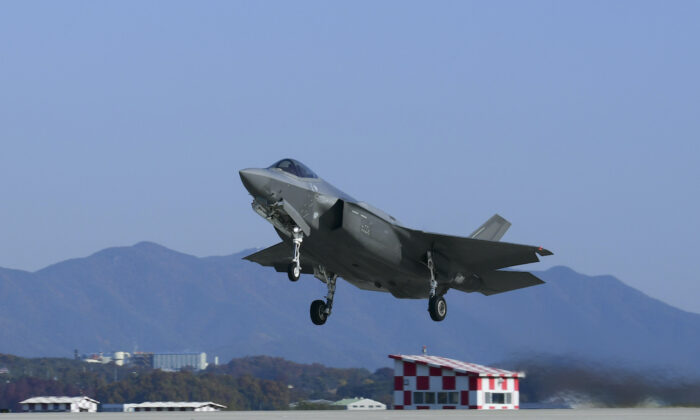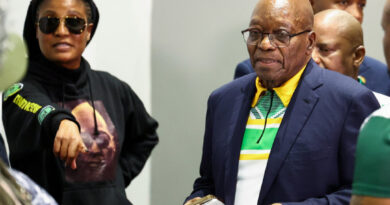Russian and Chinese Aircraft Violate Air Defense Zone of South Korea
The South Korean Joint Chiefs of Staff confirmed that Russian and Chinese aircraft entered the area one after the other and left without any issues.
South Korean military reported that 11 Russian and Chinese military planes entered South Korea’s air defense identification zone on Friday, and South Korean fighter jets were scrambled in response. The intrusion lasted over four hours, with the military stating that the aircraft did not breach the nation’s airspace. Russia and China do not acknowledge South Korea’s defense zone as their territory and regularly conduct joint air drills.
The South Korean Joint Chiefs of Staff stated that the Russian and Chinese aircraft entered and exited the area in sequence without any incident. Before entering the zone, South Korea’s military identified the aircraft and deployed air force jets to perform tactical maneuvers in response.
The United States has imposed sanctions on numerous Chinese entities for supplying and financing Russian entities in the conflict against Ukraine, enabling Russia to avoid international sanctions.
Russia has sought support from North Korea, with confirmation from the United States that 10,000 North Korean troops have reached Kursk. This development was identified as an escalation in the Russia–Ukraine conflict on Nov. 18.
Miller emphasized that the United States will respond firmly to these escalations.
International officials have also warned of Russia’s support for North Korea’s military ambitions.
NATO Secretary-General Mark Rutte cautioned on Nov. 7 that Russia is likely providing North Korea with advanced military technologies in exchange for military assistance, posing risks to the U.S., Europe, and NATO partners in the Indo-Pacific region like Japan and South Korea.
Frank Fang, Dorothy Li, and Reuters contributed to this report.





